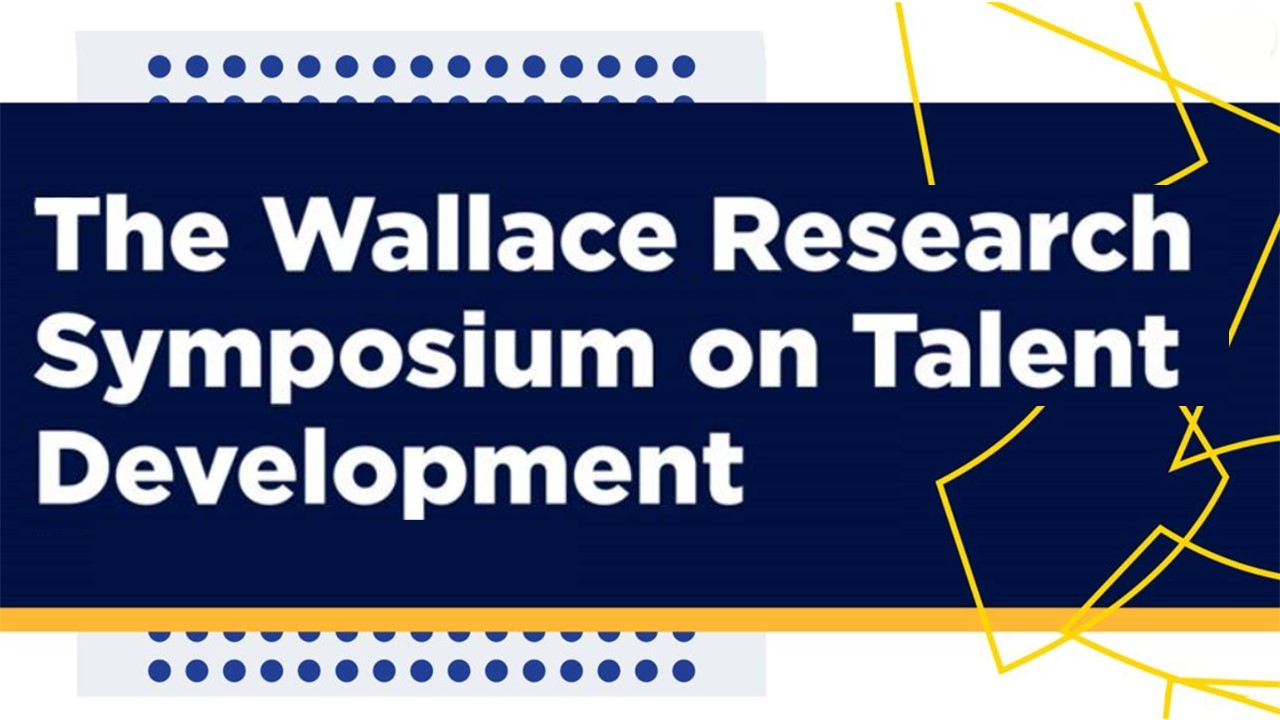
Poster Presentations
Schedule
Speakers
Campus/Building Maps
Updates
- Identification Practices That Increase Program Diversity — Beth Winton — View the Poster
- Where Are the Gifted Girls in Natal/RN, From the 3rd to the 5th Year of Elementary School? — Cleide Covacevich Giovannetti
- Why Students’ Interests Matter in Creative Problem-Solving and Caring Communities in Out-of-School: A Design-Based Research — Emma Cho
- A Valid Objection: Exploring an Underrepresentation Index to Improve Public Policy and Gifted and Talented Identification Rates — Hernán Castillo-Hermosilla & Nielsen Pereira
- Public Education & Historically Underserved Gifted Students: Still Forgotten? — Hernán Castillo-Hermosilla, Yuxiao Zhang, & Nielsen Pereira
- Empowering the Future: A Model for Developing Computer Science Talents — Nielsen Pereira, Zafer Ozen, Sarah Bright, & Hernán Castillo-Hermosilla
- The Affective and Academic Interactions of Giftedness With Adoption and Foster Care — Alissa Cress, Kathy Green, & Mariel Tader
- Leaders’ Sensemaking & Sensegiving on Equity and Excellence in Title I Elementary Schools — Kirsten Maloney
- A Scoping Review of Differentiated Curriculum for Gifted Students — Laytora Dash, Cindy Gilson, & Benna Haas
- High Ability/Giftedness: A Contemporary Challenge for Educational Management — Maristela Cernicchiaro Deos
- The Path of Student from Municipal Schools in Balneário Camboriú to the High Skills/Gifted Pole in 2022, From the Perspective of Their Families and Teachers — Maristela Trentini
- Reasons for the Academic Choices of Women With Indicators of High Abilities/Giftedness — Marseli Nunes de Castro
- Believe to See: The Search for All Gifted People in a Public School — Sheila Torma Rodrigues
- Do Academically Gifted Children and Adolescents Also Score Well in Executive Functions? — Saiying Steenbergen-Hu, Eric Calvert, & Paula Olszewski-Kubilius
- Giftedness in Mathematics and High Performance in Mathematics Olympiads: What Do Teachers and Researchers Think? — Seyda Aydin Karaca, Mustafa Serdar Koksal, & Ann Robinson
- Characteristics of High Ability/Giftedness and Their Implications on the Social and Academic Interactions of Adult Women in Latin-American Countries — Regina Pinho Gomig, Simone Miranda dos Santos Sviercoski, & Susana Graciela Pérez-Barrera
- Changing Mindsets and Practices Toward Equity in Gifted Education Through Online Professional Learning — Nancy B. Hertzog, Yijie Wang, Yanan Li, & Jann Leppien
- District Equity Initiatives: Lessons Learned From Central Office Administrators — A. J. Balatico, Nancy B. Hertzog, & Kristen Lamb
- Science Jumpstart Program for Talented Girls—Providing Opportunities for Israeli Teenage Girls to Enter Academic Programs in Exact Sciences — Orni Meerbaum-Salant, Rachel Zorman, & Eli Fried
- (How) Can Scientific Advice Promote Gifted Education in Schools? — Frederik Ahlgrimm, Ricarda Albrecht, Carolina Claus, & Jennifer Golanova
- Effects of the Six Thinking Hats Method in Undergraduate Honors Students — Benna Haas
- (In)discipline and the Invisibility of Gifted Students — Camila Aparecida Garcia
- Developing Electronic Momentary Time Sampling Tools for Observations of Exceptional Students — Sarah D. Newton, Brandi Simonsen, Michael Coyne, D. Betsy McCoach, & Del Siegle — View the Poster
- The Limits of Multiple Measures to Increase Equity in Gifted Programs — Daniel Long, Scott J. Peters, Anthony Gambino, D. Betsy McCoach, & Del Siegle — View the Poster
- Identification by Teachers of Intellectual Gifted Students — Eliana Santos de Farias
- An Analysis of Public Opinions Regarding Gifted and Talented Education — John Burrell — View the Poster
- Pathways Between the Paradigms: Perceptions of Maine’s Gifted and Talented Teachers During Initial MTSS Implementation — Emily Gerry MacKinnon
- The Creative TIPPing Point: Gifted Identification in Visual and Performing Arts — Emily Andrews & Laurilea McDaniel
- Agency Profile Measure — Rachael Cody & Shannon McDonald — View the Poster
- Parental Perceptions of Giftedness and Media Literacy — Shannon McDonald & Julie Delgado — View the Poster
- Effects of Professional Learning on Teacher Perceptions About Developing Potential — Julie Delgado & Talbot S. Hook — View the Poster
- Where in the Paradigm Are We? Designing an Affective Instrument to Gauge Practitioner and Researcher Beliefs About Gifted Education — Talbot S. Hook — View the Poster
- The Effect of Professional Learning on Teachers’ Beliefs About Students’ High Potential — Mei Zheng, Shana Lusk, Talbot S. Hook, & Catherine Little — View the Poster
- Inclusive Education Program for Gifted Students in Rural Education in Uruguay — Leticia Arbelo Marrero
- Educational Inclusion of Students With High Abilities/Giftedness — Mariana Carignani Casanova — View the Poster
- Stealth Morph: An Intervention-Single Case Research Design With Mixed Methods Intervention Design — Kristen Job